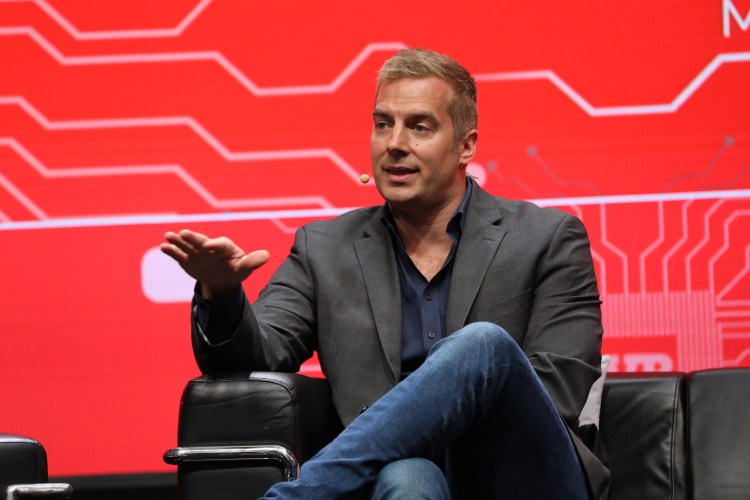Watch all the Transform 2020 sessions on-demand here.
When evaluating how AI can help a business, execs should figure out when computers can beat humans, according to Charlie Cole, the chief digital officer at Tumi.
“If you think about the nexus of how you can pragmatically use artificial intelligence in a practical way, you have to ask yourself the question: What can a computer compute way the hell faster than you can, at a one-to-one basis?” he said.
In Tumi’s case, AI allows the company to personalize its experience for each customer. Tumi is working with AgilOne, a software provider that can predict when customers are most likely to buy a product on an individual basis. Using AgilOne’s software, Tumi can predict when its customers are likely to buy its bags and luggage.
“What artificial intelligence allowed us to do is create an individual algorithm for every single one of you,” Cole said.
June 5th: The AI Audit in NYC
Join us next week in NYC to engage with top executive leaders, delving into strategies for auditing AI models to ensure fairness, optimal performance, and ethical compliance across diverse organizations. Secure your attendance for this exclusive invite-only event.
That information can help Tumi better target promotions to users who are most likely to use them, which is important in the current ecosystem of highly targeted marketing.
One of the other important things companies need to learn is that the quality and organization of their data is critical to the success of machine learning. Cole pointed out that one of Tumi’s key advantages in the luggage market is that the company has a trove of data about how bags perform after sale.
That information — which spans from the moment users interact with a product to how that product performs later in its life — can help drive Tumi’s decision-making around future products and campaigns.
In Cole’s view, more retailers need to make use of this kind of proprietary data. After all, people are more likely to purchase a new bag when their old one breaks, so using machine learning to understand how to better personalize users’ experience will lead to better results.


